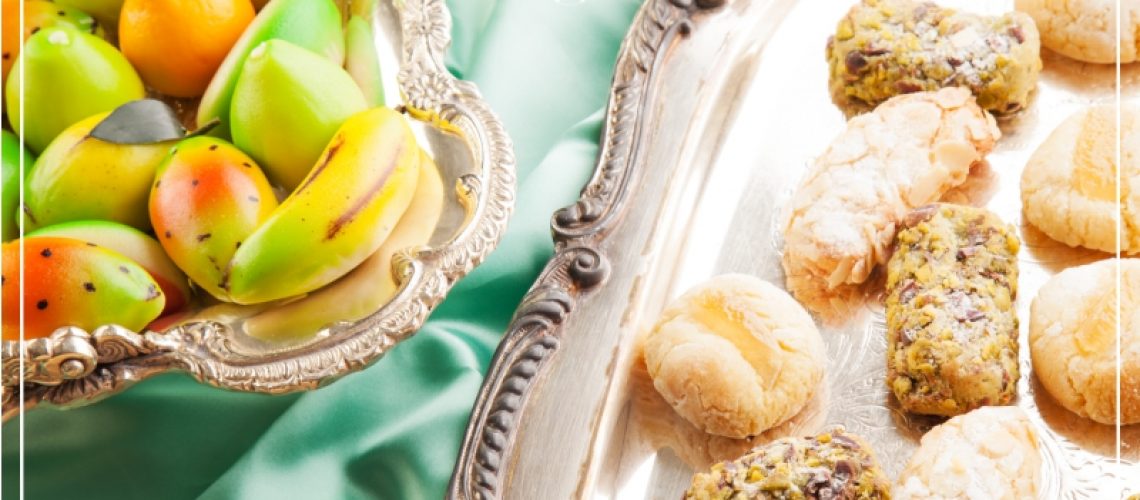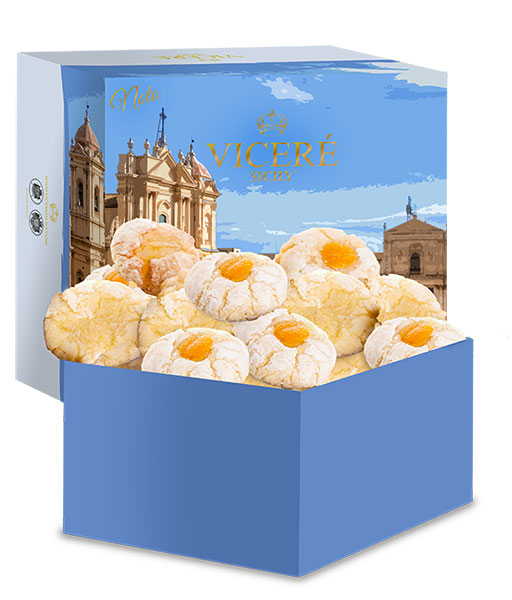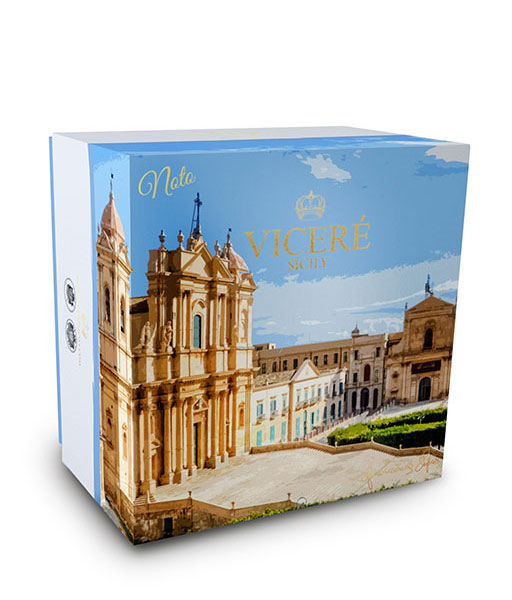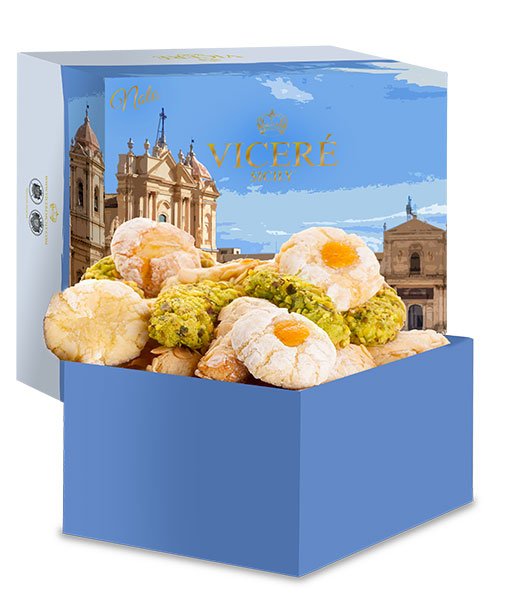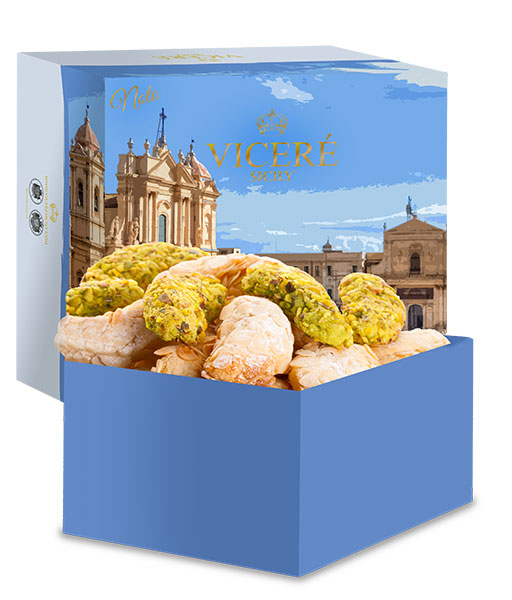Sicily is a wonderful island, and as such it has been over the centuries a port of call for many populations, including the Arabs; in particular, the local cuisine was strongly influenced by them. In fact, new ingredients have been introduced such as prickly pears, oranges, asparagus, saffron, wild fennel, pine nuts, and so traditional Sicilian cuisine has become one of the richest and most varied at a global level.
The Arabs felt at home on the island. Turks and pirates found sheltered and safe places to land and rob the villages. But Sicily also suffered the domination of the Phoenicians and the Greeks. Only in the early years of 800 AD the Arabs arrive in Mazara del Vallo and conquer the whole island; they will remain until 1091, when Sicily will become Norman.
The years of Arab domination were decisive in traditional Sicilian cuisine
Contrary to what one might think, the years of Arab domination were decisive, in traditional Sicilian cuisine, they were years in which two cultures experienced a unique and happy fusion, which gave life to one of the most original and unique culinary traditions in the world. They introduced the Sicilians to numerous previously unknown spices, new ingredients and dishes.
One of the dishes of Arab origin, for example, is cous cous, a granulated flour, with which fish and vegetable broth is prepared, adding curry, paprika and cinnamon.
The Arabs introduced banana groves, sesame, and the rice arancino has Arab origins too.
The Sicilian pastry art was more contaminated by the Arab domination
Pistachios and almonds were also introduced in Sicily by the Arabs and it is the Sicilian pastry art that has been most contaminated by Arab domination. The cassata and cannoli, almond royal pasta and cinnamon desserts are Arab-inspired. In particular, the cassata was born from the union of the two cultures; initially it was a shortcrust pastry with a filling of sweetened ricotta of Roman origin. Later the Arabs introduced candied fruit and almond paste.
The Sicilian pastry boasts over two hundred varieties of desserts and a good part of the basic ingredients are of Arab origin: almonds, pistachios, oranges, while ricotta and honey have more ancient origins. Sciarbad, the Arabic name for sorbet was originally a citrus juice. A legend tells that Nero already had it prepared, but it was the Arabs who, by introducing citrus fruits to Sicily, helped to revive this fresh and pleasant dessert. Ice cream is the oldest and most famous dessert in the world, and was born in Sicily.
The contamination, the gourmet ingredients and the long tradition have made Sicilian sweets a unique goodness appreciated throughout the world. Viceré Sicily continues the tradition, with its productions faithful to the territory and to certified, high quality ingredients.
